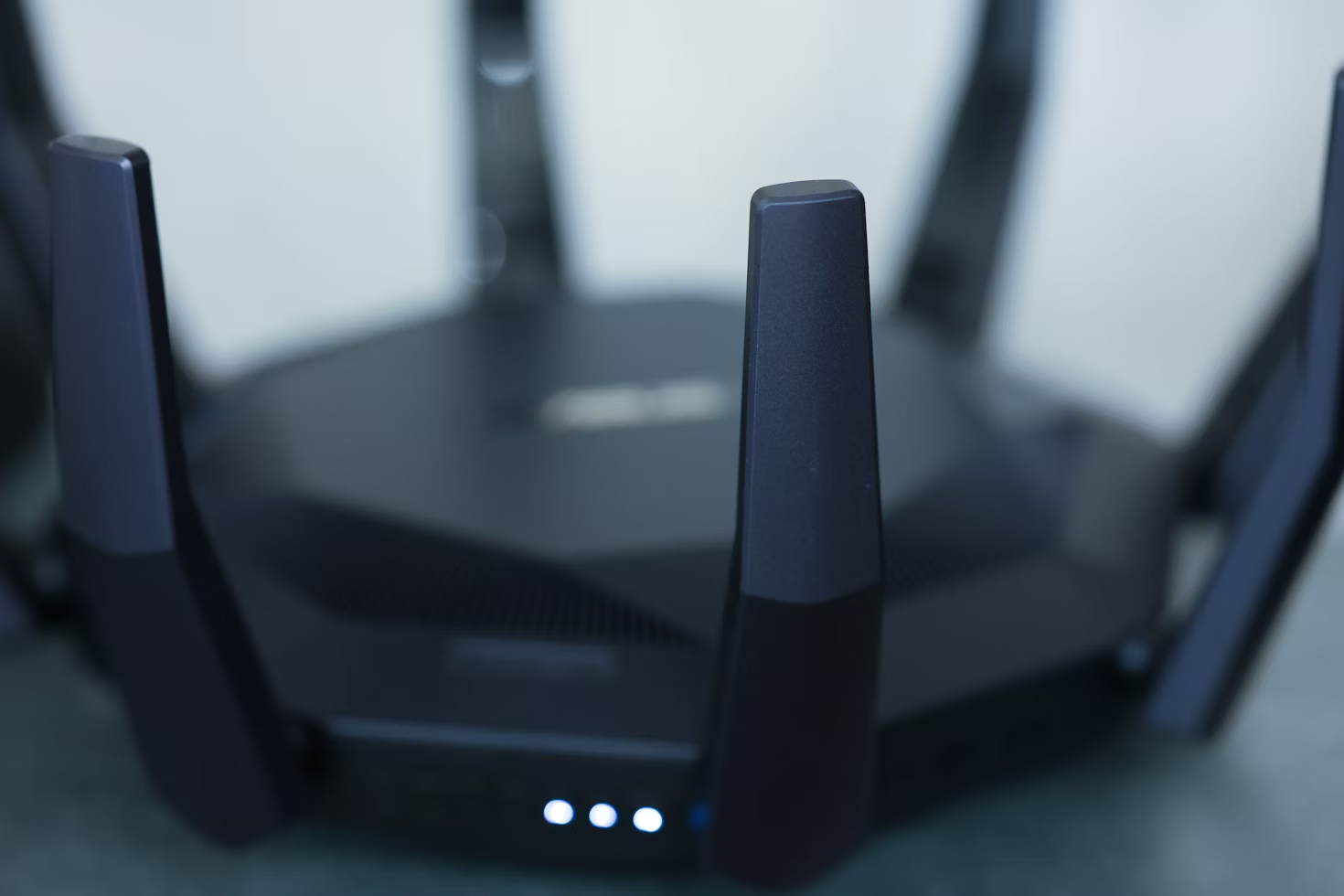
Why is My Internet So Expensive?
The Internet, a global network that’s become as crucial as electricity in our daily lives, is supported by a web of cables, towers, and satellites. The companies that connect us to this digital web, our Internet Service Providers (ISPs), are just the middleman and the tip of the iceberg.

Below the surface, the true behemoths of the internet infrastructure emerge. These are not just ISPs but also major tech companies and consortia that own the physical substrates of our online world. Dominant players like Google, through its Google Fiber initiative, and other tech giants such as Facebook, Microsoft, and Amazon, have invested heavily in the undersea cables that nourish the planet. Google, especially, has carved out a significant portion of this market, its cables snaking across ocean floors to link continents and ensure a swift and steady data flow.
Running an ISP, however, is a costly venture. They must maintain and upgrade a vast network, partake in peering and transit services, enormous capital expenditures for high-capacity fiber-optic cables and routers, property costs for office spaces and data centers, ongoing expenses like licensing, specialized software, the need for robust customer service and support infrastructure, equipment for high-speed internet access and ensuring compliance with an ever-growing list of regulations, all of which contribute to the operational costs. These costs are ultimately passed on to consumers, shaping the prices for internet services. The expenses associated with leasing high-capacity networks from the infrastructure owners are the most significant contributor to the final bill.
Yet, this network is more than a mere collection of cables and hardware. It’s a living, evolving organism that adapts to our burgeoning digital demands. The Domain Name System (DNS), the digital architecture that directs us to the websites we seek, is overseen by organizations like The Internet Corporation for Assigned Names and Numbers (ICANN), which work to maintain the Internet as a space of fair access and open competition. They ensure that no single entity can claim dominion over this digital frontier.
Quality of service is a critical factor that impacts customer loyalty and lifetime value. In the UK, a report by research company Inteco found that poor service is a leading cause for customer churn, the rate at which unsubscribe, among ISPs with most consumers preferring to stick with their current provider unless they experience a significant drop in service quality. This preference for service over price highlights the importance of ISPs maintaining high standards of customer satisfaction.
The American Customer Satisfaction Index’s Telecommunications Study revealed that ISPs are the industry with the worst customer satisfaction in the United States. This dissatisfaction is worsened in regions where consumers have little to no choice in their provider, which is a common scenario in more rural areas. The lack of competition in these markets means that ISPs may not feel compelled to improve their services, despite the clear link between customer satisfaction and corporate profitability.
As we delve into the digital world, the entities that lay the cables and erect the towers are as crucial as those that provide the Wi-Fi signal in our homes. The dynamics of customer satisfaction, the hidden costs of running an ISP, and the broad ownership of the internet’s infrastructure all converge to determine not only the quality and availability of the Internet but also the price we pay for it.
We hope you enjoyed the article. We hope you enjoyed the article. Make sure to follow us on Twitter and join our Discord and Telegram.



































